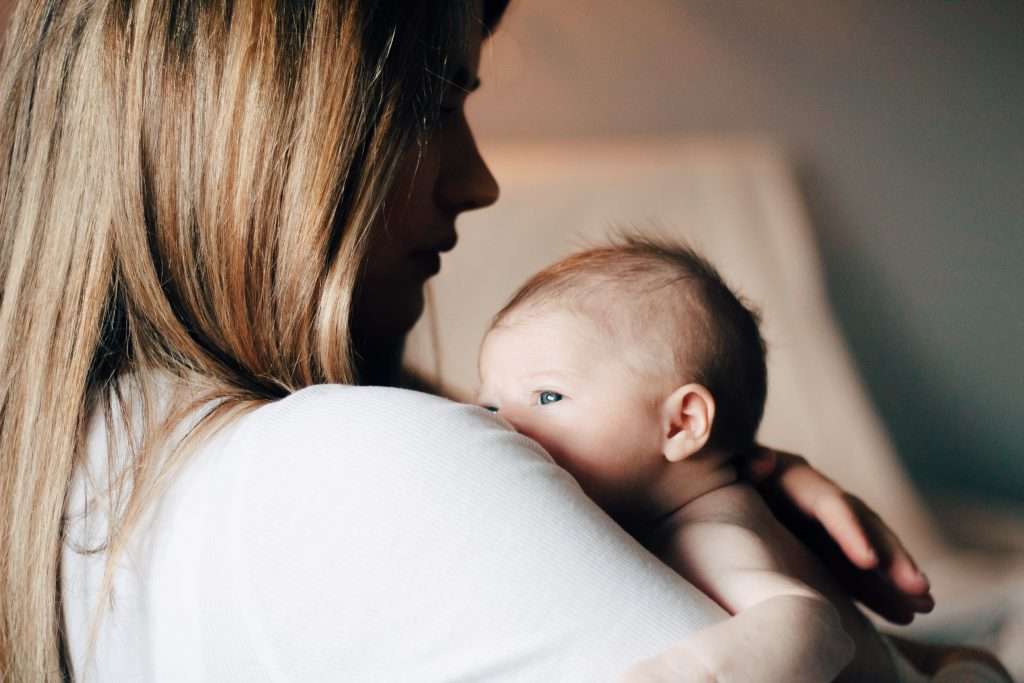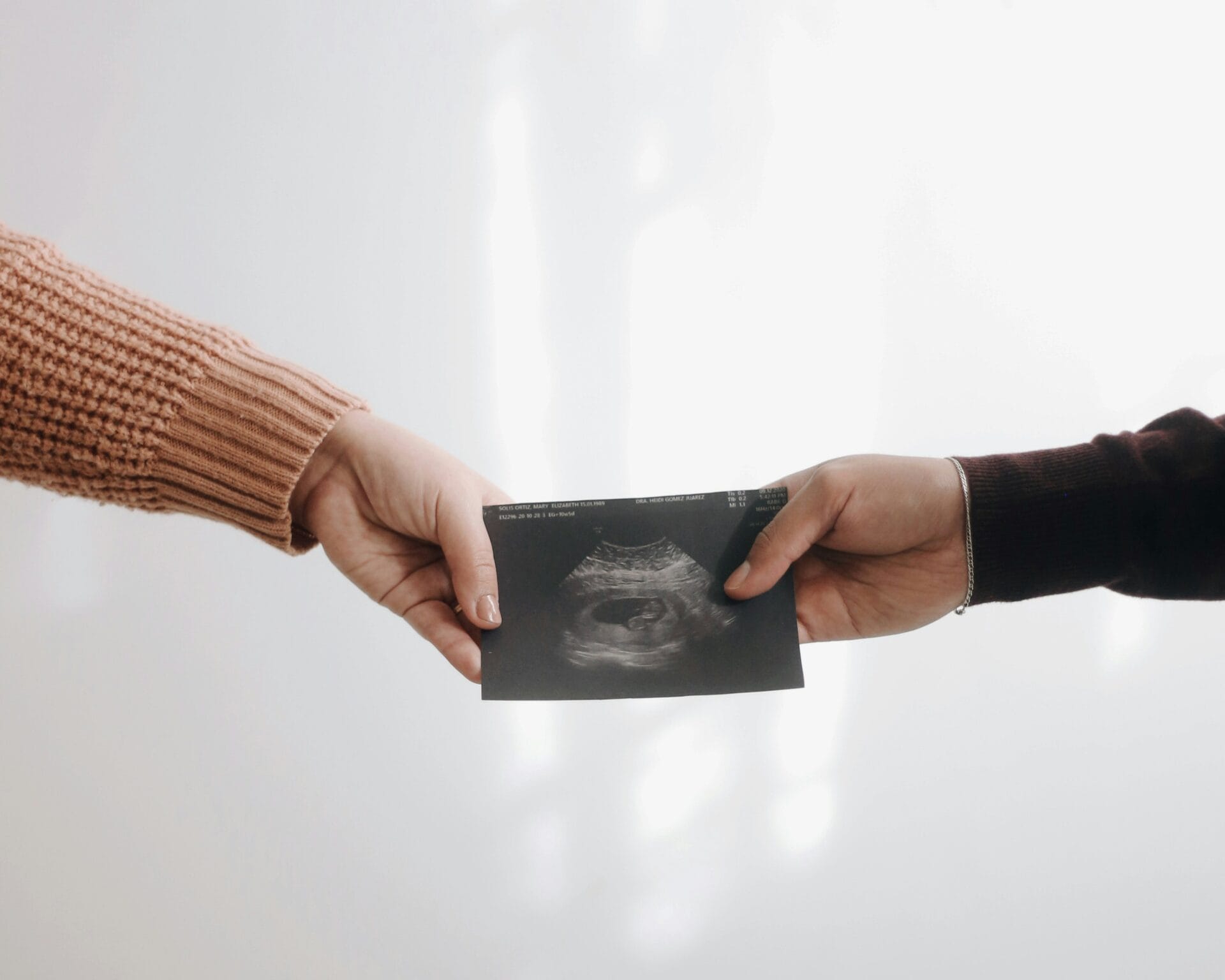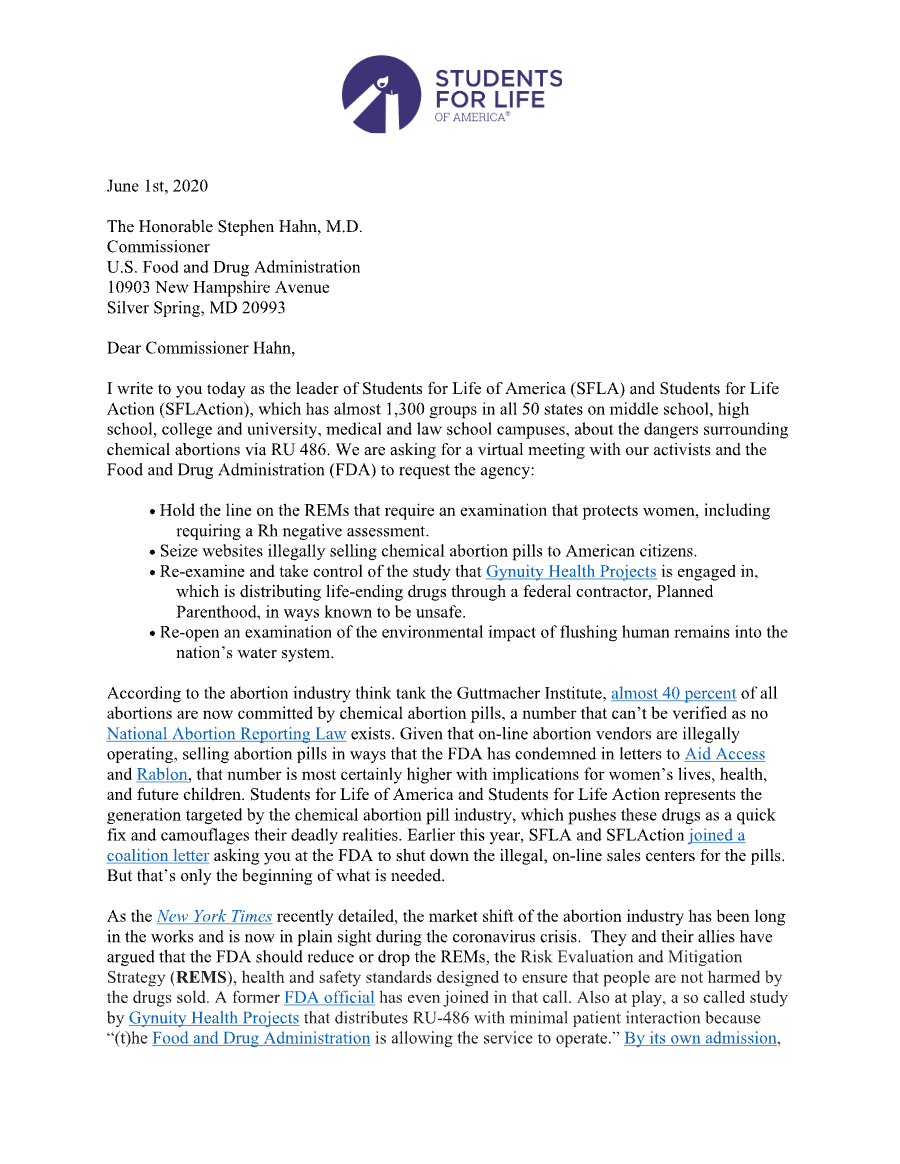
GUEST POST: Abortion activists refuse to admit that a woman becomes a mother at the moment of her child’s conception. Case in point, a recent op-ed in the New York Times claiming that a mother’s physical and emotional connection to her preborn and newborn child is a social construct designed to oppress.

The piece by Chelsea Conaboy, titled, “Maternal Instinct Is A Myth That Men Created,” argues that women are held back by the understanding of a special bond between mother and child. The article is based on Conaboy’s book, Mother Brain: How Neuroscience Is Rewiring the Story of Parenthood. Notably, Conaboy is not a neuroscientist or doctor; she is a journalist who seems to have a political ax to grind more than a legitimate interest in the scientific findings.
According to Conaboy, “The notion that the selflessness and tenderness babies require is uniquely ingrained in the biology of women, ready to go at the flip of a switch, is a relatively modern — and pernicious — one.” This is an odd assertion given the emerging field of brain research in recent decades that demonstrates how dramatically mothers’ brains are altered by the experience of pregnancy and new motherhood. The changes are so significant that researchers can readily identify women who had children from those who did not based on their brains. These findings are not “pernicious”; they merely reflect reality.
The changes that occur in bonding a mother to her child are also lifelong. Researchers have identified genetic material from children in a mother’s brain and other organs even decades after pregnancy. The role of those cells in cardiac and brain health is not yet understood but is believed to have potentially significant positive results. Additionally, one writer noted, “In one study, the prefrontal cortex of moms became active in a different region compared to women who had never been pregnant as they viewed pictures of angry, scared, or happy babies.”

Just as the “Mama Bear” and “Tiger Mom” are noted for defending their babies, human moms do take heroic, self-sacrificing action to protect their vulnerable and defenseless babies. It serves the interest of the abortion industry to ignore the scientific evidence that motherhood begins when there is a preborn baby, but the profound connection is undeniable. Not only is the connection undeniable, but it is also validated by ongoing scientific inquiry. Why would someone take such issue with it?
The real reason for Conaboy’s discomfort with maternal instinct comes to light when she discusses abortion. She takes umbrage with an article from the Ethics and Religious Liberty Commission of the Southern Baptist Convention arguing that “the ultrasound machine has been the pro-life movement’s strongest asset in recent years.” The pro-life article goes on to state that once a mother sees her baby on the ultrasound, her maternal instinct will often overpower any other instinct to terminate her pregnancy.”

This is not news to anyone who has worked in the pro-life movement — or the abortion industry for that matter. The biggest abortion businesses have worked tirelessly to block legislation requiring mothers undergoing an abortion to receive an ultrasound. The obvious reason is that more ultrasounds mean fewer paying customers for Big Abortion. When mothers, like Megan, see their sons or daughters in the womb they are more likely to reject the coercion to choose abortion that is all too common for mothers in challenging circumstances.
As Conoboy notes, adoptive mothers and some fathers display similar brain changes to mothers in response to caring for a child. This does not, as she seems to think, undermine the real and demonstrable bond of a mother with her preborn and newborn child.
The late Justice Ruth Bader Ginsburg, a friend of the abortion lobby, claimed, “A woman who exercises her constitutionally protected right to terminate a pregnancy is not a ‘mother.'” Now that the Court has rightly recognized that abortion is not a “constitutionally protected right,” maybe our culture is also ready to recognize that a woman who is pregnant is, in fact, a mother. Our culture can work to support her or continue to undermine the real and important connection she has to her preborn baby.
Share this post
Recent Posts

Abortion Brags from Lily Allen & Hat from Cynthia Nixon Enrage Even Pro-Choice Americans. Can the Pro-Life Generation Take Some Credit?
11 Jul 2025
Young Mom Prayed for God’s Hand on Her Child – At Her Ultrasound Appointment, THIS Happened
11 Jul 2025
Letter to the FDA Regarding Chemical Abortion Drugs June 2020
10 Jul 2025
